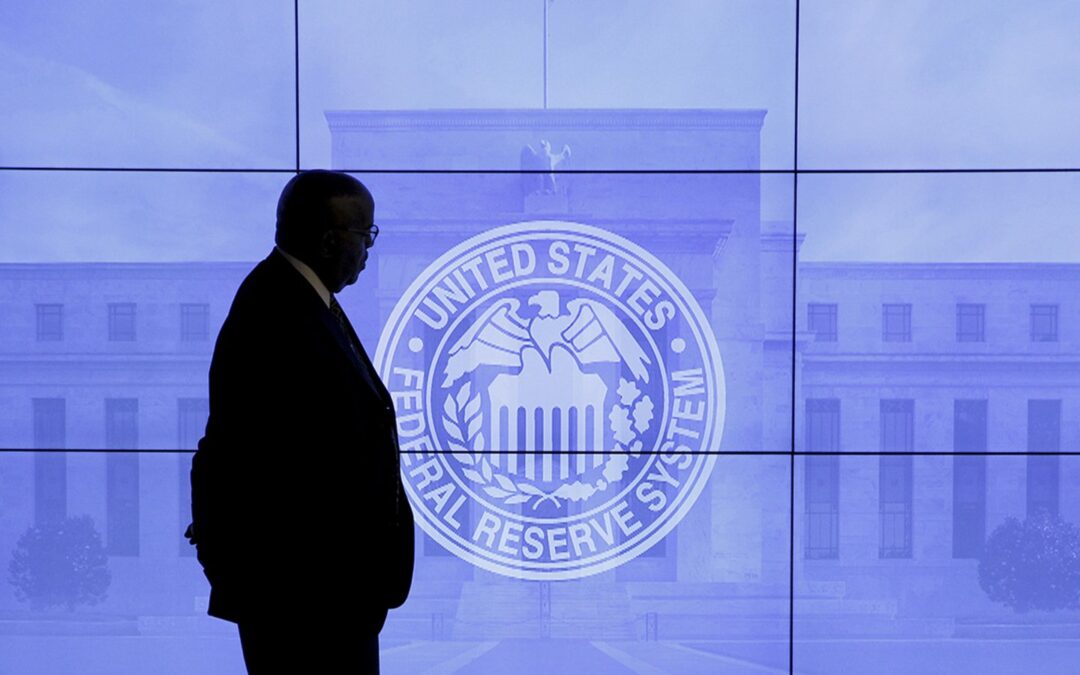The private equity industry has been a little-noticed beneficiary of the Federal Reserve’s efforts to combat the economic fallout of the coronavirus pandemic, as central bank support has spurred a surge in junk-bond issuance by buyout firms.
The second quarter saw one of the highest-ever levels of junk-bond issuance by private equity-backed companies, at more than $31bn, according to Dealogic, a data tracker. It was the sixth-highest level for any quarter on record and the highest since 2014, according to Dealogic’s data.
The boom in private equity debt is largely a case of a rising tide lifting all boats. The Fed’s 23 March announcement that it would launch a bond-buying program spurred huge new debt issuance. This is true even in areas, like junk bonds, where the central bank has bought a relatively modest amount of debt.
Most attention has been paid to the Fed’s corporate-bond-buying program, under which it has loaded up on debt from blue-chip companies like AT&T, Apple and Verizon Communications. The Fed has bought about $12bn of corporate bonds and exchange-traded funds through the end of July, based on data released Monday.
The Fed has bought only about $1.1bn of junk bonds. Unlike investment-grade debt, the Fed buys junk-rated debt only through ETFs, which invest broadly in the debt of many companies.
But the Fed’s action has had a dramatic effect on the market. The central bank’s intervention unclogged markets that seized up due to the pandemic, which has helped lower-rated issuers and private equity firms, said Gregg Gelzinis, a senior policy analyst for the Center for American Progress, a liberal think tank.
“The benefit to private equity of the high-yield [purchases] is far greater than the nominal figure of the bonds purchased,” he said.
Junk-bond yields peaked at 11.38% on 23 March, the day the Fed unveiled its stimulus plans, and immediately declined sharply, based on the ICE BofA US High Yield Index Effective Yield. The index was at 5.41% on Monday, roughly the same level as last December.
Fed Chairman Jerome Powell has described the balance the central bank is trying to strike in its junk-bond purchases. He said he doesn’t intend to throw the Fed fully behind high-yield debt, but also wants to prevent lower-rated companies from being unable to get credit and having to lay off employees.
The bank’s actions have attracted some criticism for supporting risky companies. Americans for Financial Reform, a left-leaning group that advocates for tougher regulation of Wall Street, on Thursday released a letter to Mr. Powell saying the bank’s ETF purchases may be supporting insolvent companies owned by private equity firms.
The high-yield ETFs the Fed has bought include numerous private equity-backed companies, based on the funds’ public list of holdings and ownership data from PitchBook.
For instance, the Fed has bought about $331m of a junk-bond ETF managed by iShares that includes the debt of Refinitiv, a financial-data company backed by Blackstone Group; Solera Holdings, an automotive software company owned by Vista Equity Partners; PetSmart, a retailer owned by BC Partners; and HUB International Ltd., an insurance brokerage largely owned by Hellman & Friedman. All are among the ETF’s 70 largest positions, out of more than 1,200 total holdings.
The Fed’s high-yield bond buying “provides liquidity to the market, which is useful to private equity in the sense that it if you need to refinance debt it’s much harder to do in an illiquid market,” said Christina Padgett, head of leveraged-finance research for ratings firm Moody’s.
“The leveraged-finance market has a tendency to be very risk-off in an unstable environment,” she said. The Fed’s intervention “creates an environment in which borrowers can access the market.”
Source: Wall Street Journal
By Chris Cumming
Can’t stop reading? Read more
Fund Friday: Top fundraising news in private equity
Fund Friday: Top fundraising news in private equity Aquilius Investment Partners, a...
KKR powers past $723bn AUM on record fundraising and historic investment pace
KKR powers past $723bn AUM on record fundraising and historic investment pace KKR & Co. posted...
Ardian to acquire 90% stake in Centrotherm, boosting European semiconductor portfolio
Ardian to acquire 90% stake in Centrotherm, boosting European semiconductor portfolio Ardian has...




